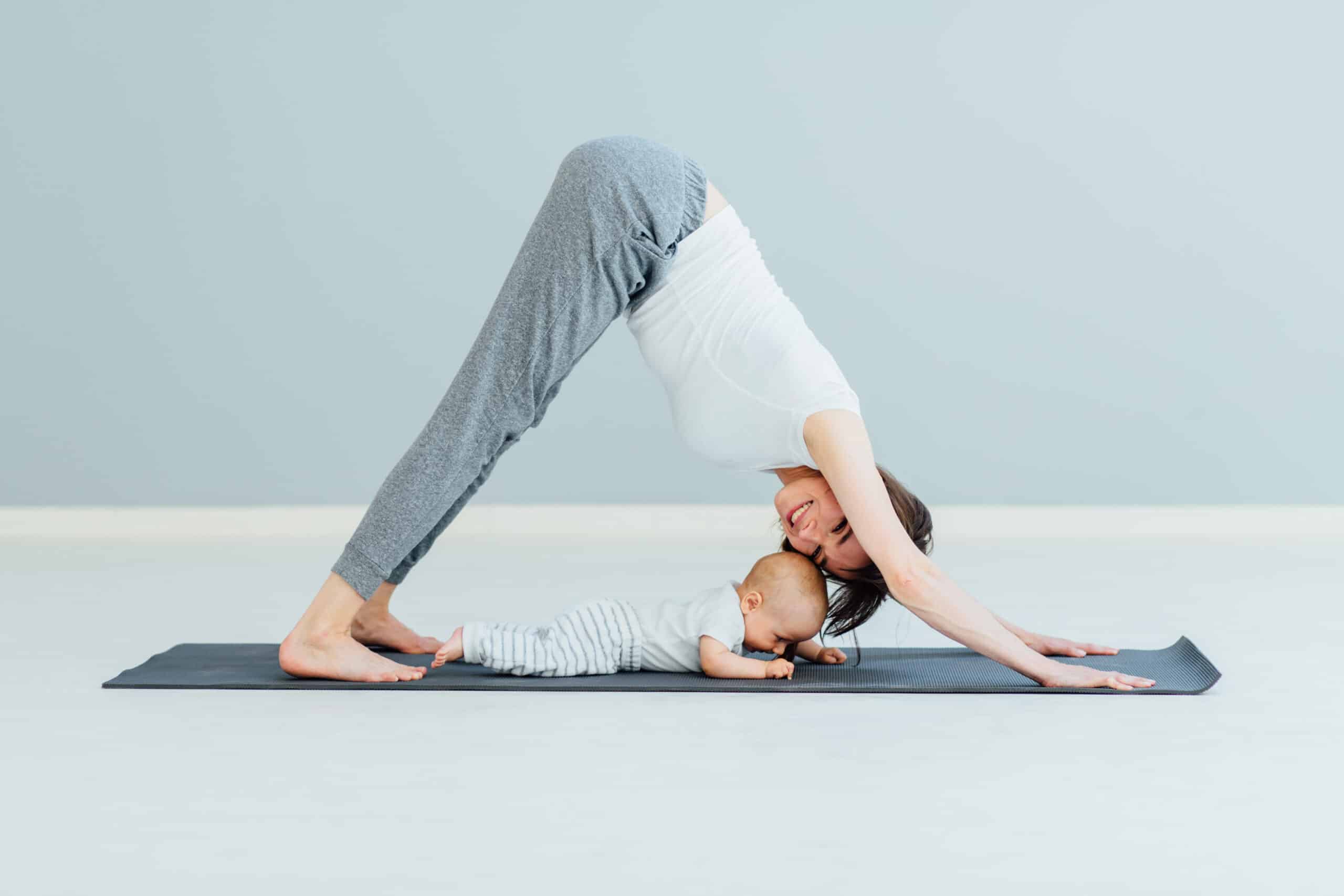5 Science-Backed Ways to Reduce Stress That Aren’t Related to Meditation
Home » Stress Less » 5 Science-Backed Ways to Reduce Stress That Aren’t Related to Meditation
Lately, it seems like every publication (including ours!) has a list of 500 reasons you should meditate.
It makes sense. The science on how meditation reduces stress—or helps you manage it effectively so it doesn’t run your life—just keeps getting stronger and stronger.
RELATED: I Tried Meditating for 30 Days to Deal With Stress
But what if you’ve tried it and meditation just isn’t for you? After all, most solutions don’t work for everyone, and meditation requires time and dedication.
In addition to getting a good night’s sleep (and cuddling with an adorable pooch, really), research provides many other insights into ways to reduce stress that have nothing to do with sitting in silence. Here are a few that are easy to act on, now, to reign in your stress and live healthier and happier.
5 Research-Backed Ways to Reduce Stress
1. Listen to music
Music makes you feel things (especially after a break-up), and one of those things might be “more relaxed.” Small studies have shown listening to music can alter how much stressful situations bother you and that it can actually stimulate certain brainwaves that are associated with a more relaxed state.
2. Set an email schedule
We get it, if your boss requires you to respond to emails the minute they land in your inbox, this might not be an option for you. But most of us reflexively check email when we don’t really need to, clicking over to look at our inboxes over and over instead of staying focused on the task at hand. Setting specific times throughout the day to check email can not only boost productivity. Research also shows those who check their email less often report feeling less stressed.
3. Watch a funny movie or go to a comedy show
This one’s pretty intuitive. As in, you know how great you feel after a good laugh. It turns out laughter triggers the release of those happy-making, stress-battling brain chemicals called endorphins. According to the Mayo Clinic, guffawing can also “stimulate circulation and aid muscle relaxation, both of which can help reduce some of the physical symptoms of stress.”
4. Get in a good workout
Add stress-busting to the never-ending list of exercise-related benefits. Those magical endorphins we just mentioned? Sweat sessions trigger their release, too. (In fact, exercise is so powerful that studies show it can be an effective strategy for managing depression.) Not to mention the fact that it can provide a necessary distraction from daily stress (i.e. when you’re focusing on making it through an intense dance cardio sequence, you can’t even begin to think about your to-do list). Not to mention it can improve sleep—and better sleep equals a less stressed life, overall. (Bonus Points: Work out outside, since spending time in nature is also linked to lower stress levels.)
5. Take a vacation
Okay, a chain of resorts commissioned this survey, so it’s totally biased. Still, the conclusion that those who reported that they took at least one vacation a year said that they were more satisfied and happy with their lives just makes sense. The whole reason you go on vacation is to relax, right? So feeling less stressed when you take said vacations is a pretty likely outcome. The trick is you’ve got to prioritize making vacations happen, and when you’re there, try to unplug as much as possible.
(Featured Photo: Shutterstock)
The Nutritious Life Editors are a team of healthy lifestyle enthusiasts who not only subscribe to — and live! — the 8 Pillars of a Nutritious Life, but also have access to some of the savviest thought leaders in the health and wellness space — including our founder and resident dietitian, Keri Glassman. From the hottest trends in wellness to the latest medical science, we stay on top of it all in order to deliver the info YOU need to live your most nutritious life.
RECENT ARTICLES

Want a sneak peek inside the program?
Get FREE access to some of the core training materials that make up our signature program – Become a Nutrition Coach.
Get Access"*" indicates required fields
 Stress Less
Stress Less












































































































































































































































































































































































































































































































































































































































































































































































































































































































































































































































































































































































































































































































































































































































